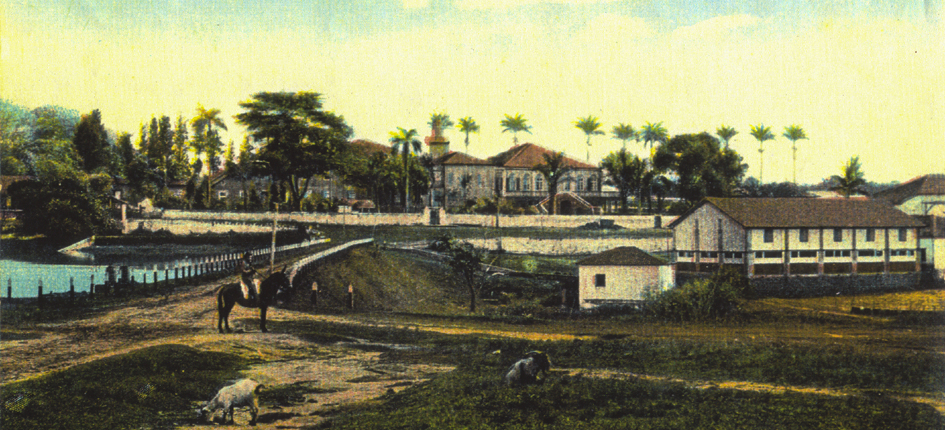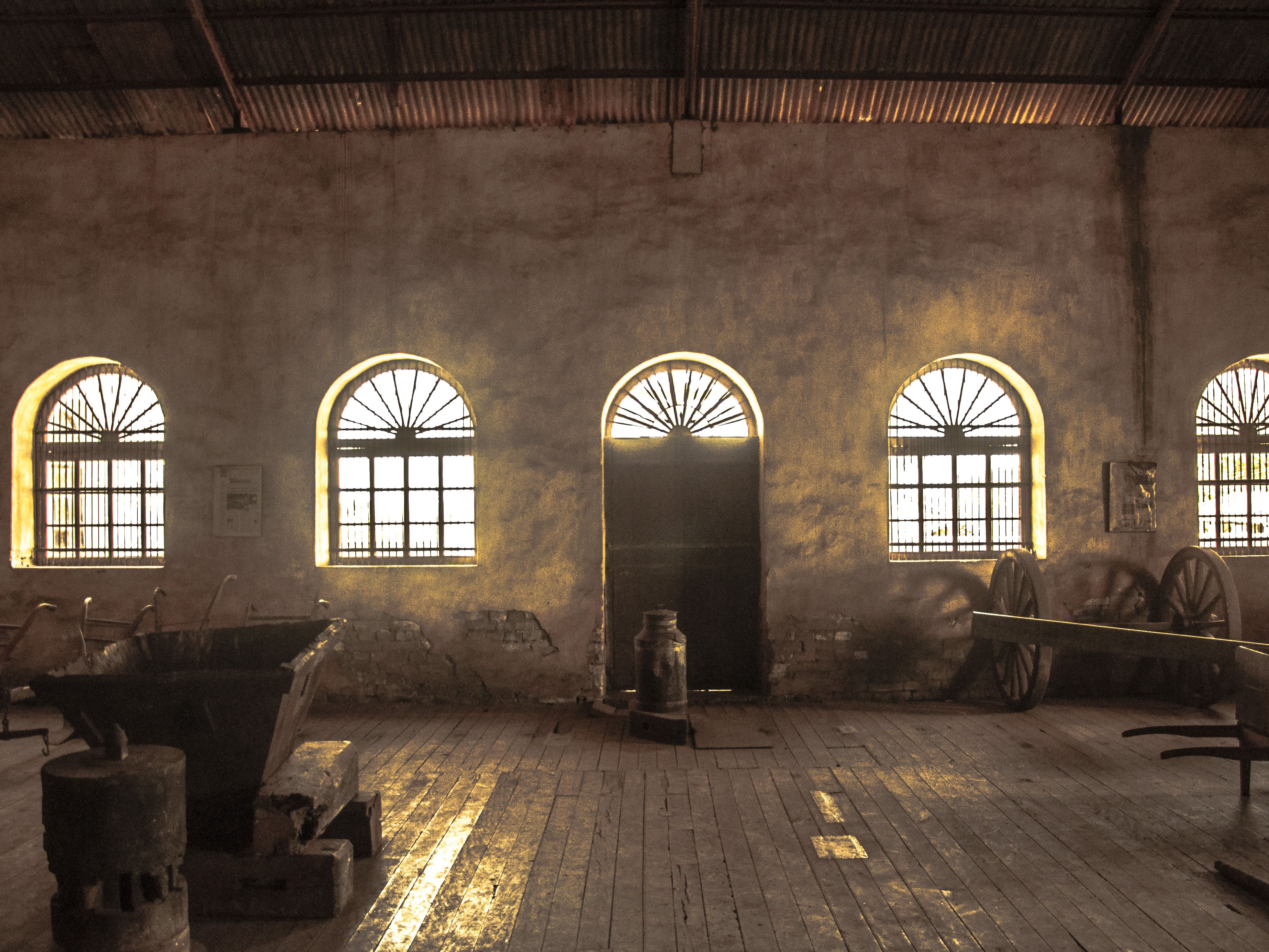20.06.2022
Research on inequalities in Brazil
A DAAD PRIME project for the Tübingen Economic History research group: Using historical rural accounting data and other evidence, Bruno Witzel explores inequality between workers of different ethnolinguistic and socioeconomic backgrounds in Brazil (1850-1950).
Bruno Witzel was successful to obtain a DAAD PRIME research grant that allows him to work at the University of California, Los Angeles (UCLA) and at Tübingen University. And we are happy to welcome him to our Economic History research group! His study on Brazilian long-term development is a strong step forward in the research on Latin America. In his case study, Witzel is able to focus on microeconomics of one of the most important Brazilian plantations of the nineteenth century, looking at economic indicators for inequality. In a series of 3 papers, he will discuss productivity, remuneration, access to nutrition and health care. The two two mentors William Summerhill (UCLA) and Jörg Baten (University of Tübingen) will be supporting Witzel throughout the different phases of his project. Due to its interconnectedness with Tübingen University and the UCLA, his research project also aims to strengthen cooperative ties between the US, Latin America and Germany.
Methodologically, this project will use microdata from the Ibicaba Plantation in Brazil to provide new metrics of labor income, nutrition, and health, and of course includes a differentiated discussion of methods, as well. This will contribute to the ongoing discussion in Economic History on the practical advantages and difficulties of creating new datasets for the assessment of economic wellbeing and development in the long-run. Thematically and geographically, the three studies also contribute significantly: Latin America and the global south in general are underrepresented in international platforms of economic history research, as the focus currently still remains on Europe and the U.S. Therefore, Witzel’s research is an important contribution to global economic history, even if it its results may not be applicable to Brazil as a whole.
After the project he plans on further establishing academic links between Germany and Brazil by working with the Brasilien-Zentrum at Tübingen University.
The long version of the announcement is available for download here.


